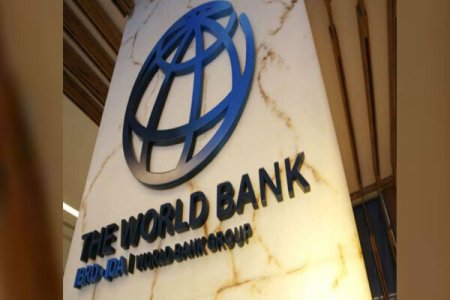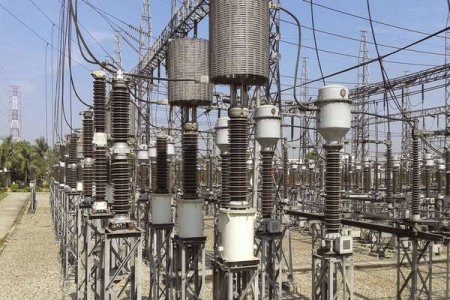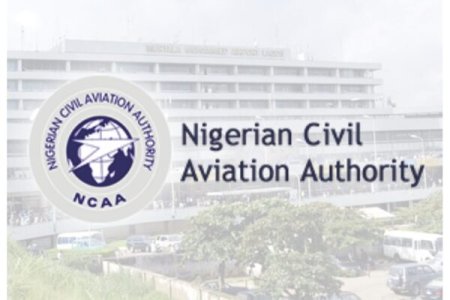
The World Bank commits $1.2 billion to the AGILE program, supporting girls' education in 18 Nigerian states. The initiative aims to empower adolescent girls through improved secondary education and economic opportunities, benefiting over 25 million people. AGILE already impacted millions, with 104 schools constructed and 3,922 renovated.
The World Bank has announced a significant $1.2 billion investment aimed at enhancing girls' education across 18 Nigerian states. This funding, part of the Adolescent Girls Initiative for Learning and Empowerment (AGILE) program, will focus on improving secondary education and empowering girls through economic opportunities.
The initiative is expected to impact over 25 million people, with a target of reaching 15.2 million students, including 8.6 million adolescent girls—both married and unmarried, as well as those with disabilities. The project spans across states like Borno, Ekiti, Kano, and Sokoto, among others.
Ndiame Diop, the World Bank’s Country Director, highlighted the transformative potential of AGILE, emphasizing that an educated girl can be a catalyst for change in her community. Since its inception, the program has already supported over 2 million girls, alongside more than 1.7 million boys. The initiative’s success also includes the construction of 104 new schools and the rehabilitation of nearly 4,000 educational institutions.
Through collaboration with local governments, educational institutions, and civil society, the AGILE program addresses the systemic barriers that hinder girls' access to quality education. This major commitment is expected to create long-term, sustainable changes in Nigeria’s educational landscape.




